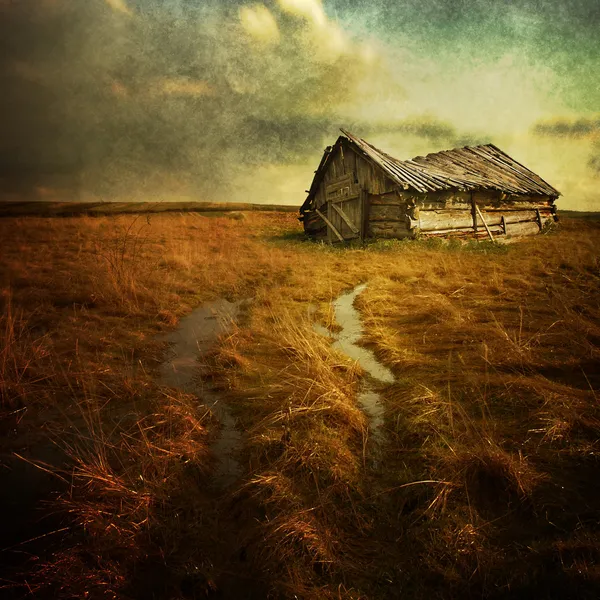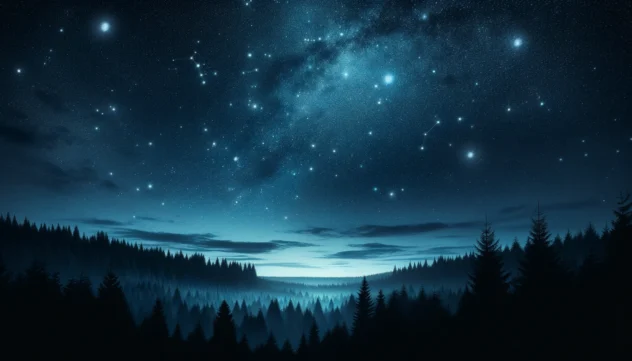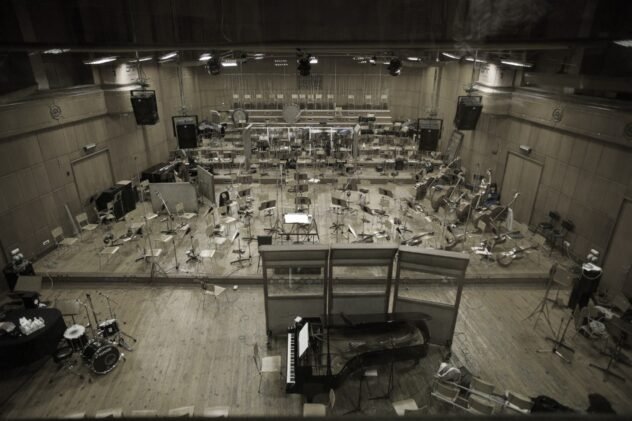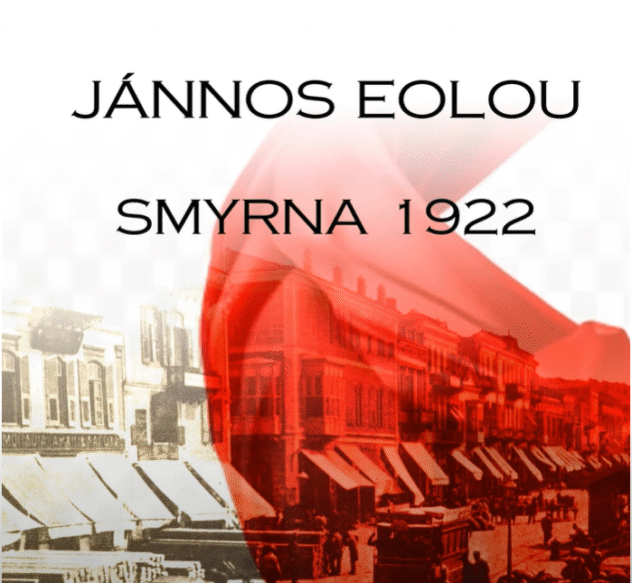I am often asked about the people who influenced me most. And I often answer, ‘Puccini and Wagner’, and just after the two masters, Rimsky Korsakov. Puccini when it comes to melody and drama, Wagner when it comes to harmonic structure but also to his ideals about ‘Total Theatre’ and Rimsky Korsakov for his orchestration manuals, the great sailor who so generously helped other great Russian composers.
But when it comes to all the rest, when it comes to the way I started thinking about my life, my role in it, the beginning of the ‘path that never ends…’ the path of questioning oneself, theories, religious, philosophy, art, love, life and death… I owe most of my upbringing to Nikos Kazantzakis. I had read almost all his work (apart from Odyssey) by the age of 10-12 years old and never stopped reading it from time to time. It was already more than 20 years after his death when I first got to know him, so I wasn’t pre-occupied by all the upheaval that his life and death had brought to Greek society and scholars.
Nowadays, I hear and read so many different opinions about Kazantzakis’s work, from people who haven’t met him personally of course, but who claim that they know him through research and his work. But I guess, when it comes to an artist, everyone gets to have a personal opinion, based on the relationship that he has to the artists’ work. But in Kazantzakis’s case, his whole structured universe of thought is also as important as his artistry, that people often judge him as a philosopher, or as a religious man. And he was all the above and a million more things, but most of all he was an artist who was so heavily influenced by the movement of Romanticism, and by that, I mean the struggle to express one’s feelings and inner self, the search of the divine and sublime, ideal love, heroism, freedom, big ideals, nature, and so on. (It is not a coincidence that Puccini and Wagner were also part of the Romantic era, nor that I call myself a Neo-Romantic…)
Kazantzakis passionately followed almost every main school of though of his time, no matter how much they contradicted one another, and he formulated his own literary world with a clear set of values. Every man in Kazantzakis’s work must fight against evil to save the universe, to save even God Himself from evil, to love every other man on earth beyond religious or other borders, and by doing so to ultimately become free, free from any need, any hope, any anticipation, free from anything that keeps him a prisoner in real life or in his spirit and mind.
The sense of duty is enormous. Every man according to Nikos Kazantzakis is responsible for what has or will happen, right or wrong. An exaggeration showing that there is zero margin for excuses. Even God is wrong sometimes, even God is weak, and it is every man’s duty to stand up and help his God to survive.
The Christians think this is based on Buddhism, the Buddhists believe that this is too Christian to be based on their ‘middle path’ theory, some called him a Communist, and some thought of him as flirting too much with the ‘great idealism’ of Socialism or even Fascism (that in Kazantzakis era started out as part of Socialism of course).
My love to his work and way of thinking is enormous, so, I must admit that I am far from impartial when I write that I have always admired him for his power to propose a ‘human brain’ that never settles for easy answers, or any at all some times. He used to say: “whenever I am reaching a certainty I need to question it further till I reach another, and so on”. The unsettled mind, the young inquiring mind, young at heart, open and kind, loving passionately, striving for perfecting all human deficiencies while embracing them totally.
He showed me a way, a path in life that I try, although most of the time I am failing, to follow.
Another major lesson that I’ve learned from Nikos Kazantzakis – to some maybe of lesser importance, but to me of great value: His idea of Form. To Kazantzakis a work of art must be easily accessible to the average person. It must be understood at least on the ‘outside’ by almost everybody. He even used a kind of ‘popular’ language of the Cretan villagers deviating from academic embellishments of his era (relating more to the Romantics of the 19th century when nature was much important than urban life). And then, within this ‘simple on the outside’ form, he structures multiple layers of understanding, meaning, symbolisms, for those who care to search deeper and for those who can. A treat for almost everyone, as it should be, not excluding anyone – but on the contrary inviting each reader to think deeper, to better himself, to question and wonder, judge, even disagree with his work.
This is a work of heart and mind, a work of a writer who loved mankind, who felt his responsibility to do the maximum for them, even beyond his abilities most of the times.
I wrote this, partially as a confession, because I wanted to talk about Kazantzakis’s effect on the way I try to lead my life and create music. It feels a little bit uncomfortable. It is like trying to put into words what one’s father means to him…







Comments are closed